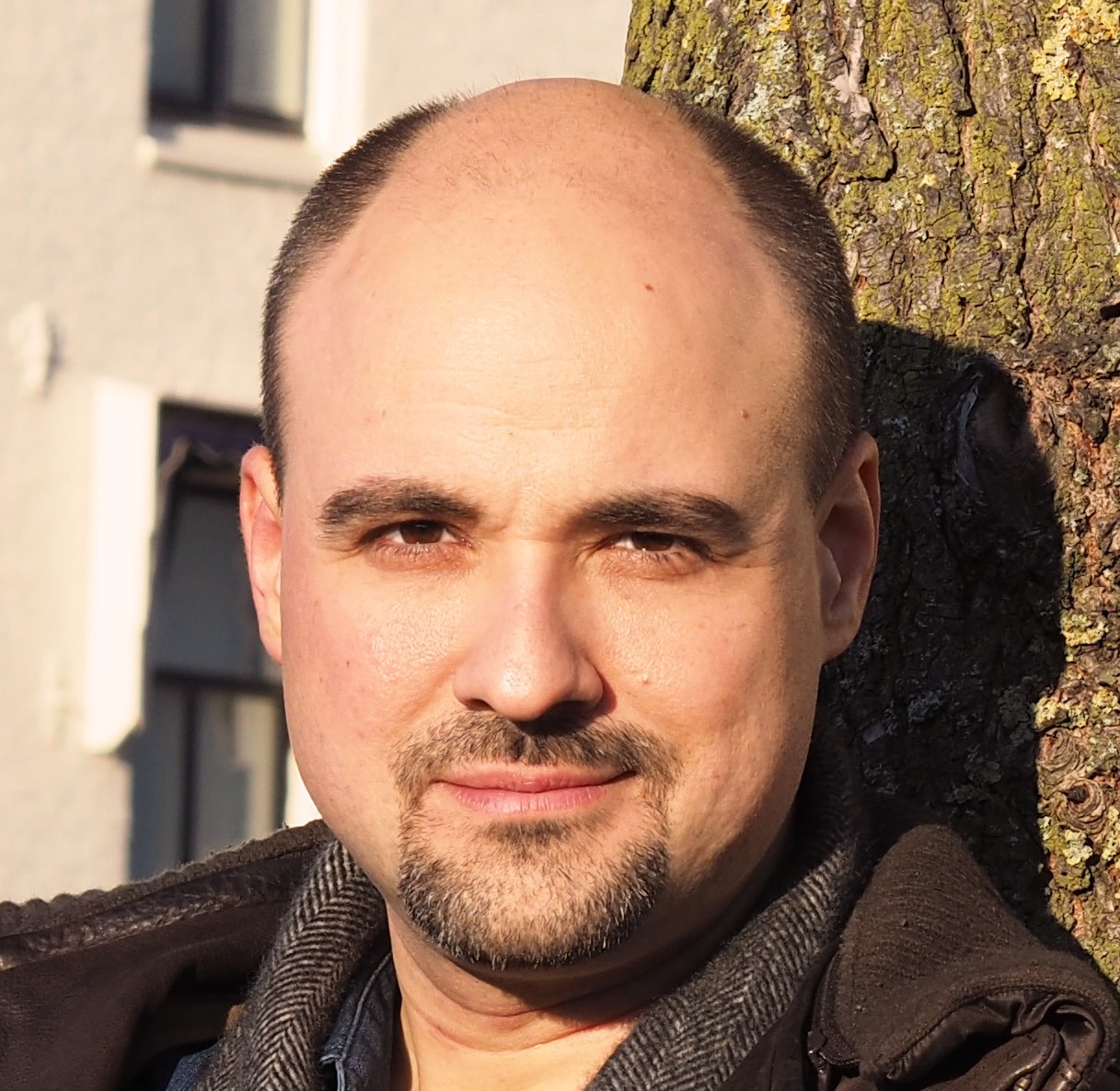Fringe Finale — See You on the Other Side

There are few TV shows that really capture my interest, but the ones that do tend to combine intriguing ideas, unusual characters and decent amounts of fun in an unforgettable blend. One of the series that achieved this masterfully was Fringe, a little show I discovered a few years ago while spending the night in a Parisian Hotel.
What attracted me to this show was less the main premise — in the beginning a simple procedural drama with "weird" elements thrown in — and more the characters and their interactions which were beautifully developed over the first three seasons. A decidedly scientific logos permeated the episodes, never letting the "paranormal" elements take hold, and it provided a contrasting background to let the characters express their pathos.
I felt the tension rising steadily during the first couple of seasons, while the third managed to connect a number of disparate threads in a skilful display of screen-writing. Moments like "Peter" and especially "White Tulip" were some of a select few in television that made me utter "wow" at the end. Fringe never lost it's sense of humour, even during the gravest of plot twists, with everything from Walter's antics to its light-hearted approach when dealing with recreational soft-drugs, use of unconventional techniques and even animation sequences to add sugar, spice and everything nice on top of a good story and complex, believable characters.
The fourth season brought with it a change of pace; I must admit that I cringed when the "altering the past" idea came into play, since time-travel tends to always dilute a show and rob it of any emotion and attachment to the characters — why bother, if any death or wrong-doing can be reset in a second by going back in time? Leaving aside all the paradoxical aspects which are conveniently ignored when dealing with such plots, time-travel is always a cheap way to "reboot" the story and forcefully take it in directions that would otherwise be impossible. However, given the track record I thought that if any show could pull it off it would be Fringe, and I wasn't disappointed. The intertwined destinies of the two universes made for some memorable episodes, there was so much to explore that frankly I could see them going for at least another season. It was a bit strange to see the main characters "un-rebooted" in the end, using the arguably contrived mechanic of "alternate memories" to turn them into their old selves again, but when the bridge closed at the end of "Worlds Apart" I felt genuinely sad, witnessing the end of a beautiful story. The following couple of episodes were needed to tie up all the loose ends, more like an epilogue, but for all intents and purposes Fringe ended then and there; it would've been a fitting end for a good show.
But... then we had season five. Sometimes I wonder if executives in television become so fixated on making money, or even the actors themselves want to keep on doing something they become accustomed to, that they completely miss the right point of exit. I can definitely understand a series continuing as long as there is a story to be told, and it's sad to see promising ones cut short due to idiotic ratings measurements (Firefly and Stargate: Universe come to mind in the Sci-Fi genre). In other cases though we've got shows going on way past their expiration date, and that ends up detracting from the whole experience. What is so utterly infuriating about the final semi-season of Fringe however is that they could have easily continued for many more episodes with the story-lines already in place! Unfortunately, what came out was... well, to put it mildly, "different".
It wasn't all bad; actually the quality of the camera work went up a notch, the light and colours were grittier, the lines and acting edgier. A decent show, with an interesting (albeit unoriginal and predictable) story. It would've been wonderful as a spin-off, or perhaps as a direct-to-DVD movie. But it was not Fringe! Even played by the same actors, the characters were jarringly different: Olivia went from center-stage to a second-hand housewife with two lines per episode; Peter traded in his brains for muscles and bullets; while Walter, otherwise the "heart" of the show became an irritating ass-hole. The fun and flair of the previous seasons was replaced by a dark, sinister atmosphere, while action scenes and special effects took precedence over a carefully constructed narrative. Again, it was by no means bad, with surprising twists and an engaging story-arc in the Peter-Observer and September-Donald parallels — but all of this should have happened in another series. Everything that gave the show its soul was taken away and replaced by engineered implants, and the result was a heartless Frankenstein — now that I think of it, perhaps that was the meta-meaning of this last season, in which case they succeeded admirably.
I just finished watching the final two episodes, and they highlighted what I believe to be the main flaw of the premise: you pretty much knew how it was going to end the moment it started. The dystopia was so dark, the potential sacrifices so big that the only way it could end was with a full reset to a sunny scene with children running on the meadow... Of course, the road there may have varied, and I was really surprised not to see more sacrifices in the final moments, especially since it was obvious that it would all be irrelevant once the all-mighty reboot happened; but it was the destiny of the whole story as soon as time-travel came into the picture.
Talking about the final episodes, the hurried scenes and disjointed pace gave me a distinct impression of someone trying to cram everything but the kitchen sink into the time available, and it came off as not only contrived and forced, but also "too little, too late". All those scenes should have happened earlier in the season, right after Walter's "let's create some Fringe events of our own" foreshadowing. It would've been nice to revisit the old stories but with a new twist, having the team play bad guys and turning the tables on the Observers; it would've been nice to visit the alternate universe for help and contrast; instead, we were shown decaying historians living in the forest, ethical magnet-saving nomads and a Deus-ex-Machina expressionless child. Even the climax of the finale, having "Mr. Turtleface" Windmark squashed between two cars was as tame and unsatisfying as it gets. Oh well, at least we got to see Michael Cerveris stretch his legs with a different take on his original character.
It's all done now; we've said our good-byes, the curtain has fallen, the large machine that was bridging our universe with the weird world of Fringe is slowly whirring to a halt. Now that the dust has settled I can look back on the series, past it's later failings, and see it for what it was — an amazing story that brought into focus a captivating plot with unforgettable characters. I'll just consider the final part as nothing else other than "Pamela Olivia's Dream", or perhaps a bit of "stolen time", and fondly remember the rest, hoping for another show that combined all of those traits — if for no other reason, then just... Because it's cool!






Comments